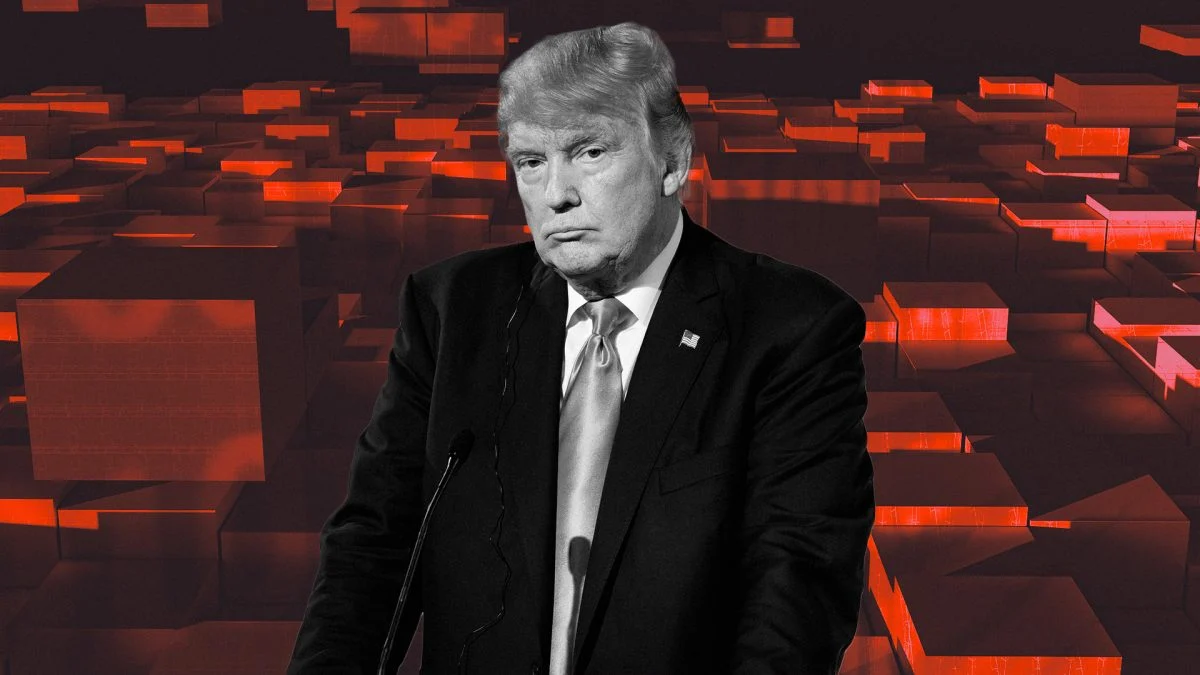Trump’s Tariffs Could Undermine U.S. Dollar’s Global Dominance
Analyzing Trump’s Recent Invocation of IEEPA and Its Potential Impact on the U.S. Dollar
President Trump’s recent decision to invoke the International Emergency Economic Powers Act (IEEPA) in order to impose tariffs on certain goods has raised concerns among analysts about the potential impact on the U.S. dollar’s global dominance. The IEEPA, originally enacted in 1977, grants the President broad authority to regulate international commerce in response to an emergency declared by the President. While the Trump administration has justified the use of IEEPA as a necessary measure to protect national security and the interests of American workers, critics warn that such actions could have unintended consequences for the U.S. economy and its position in the global financial system.
One of the main concerns expressed by analysts is that the imposition of tariffs under the IEEPA could undermine the U.S. dollar’s status as the world’s primary reserve currency. The U.S. dollar has long been the dominant currency used in international trade and finance, providing the U.S. with significant economic and geopolitical advantages. However, by using the IEEPA to impose tariffs unilaterally, the Trump administration risks eroding trust in the U.S. dollar and driving other countries to seek alternative currencies for international transactions. This could potentially weaken the U.S. dollar’s value and reduce its role in global financial markets, ultimately diminishing America’s economic influence on the world stage.
How Trump’s Tariffs Could Impact the U.S. Economy
The imposition of tariffs under the IEEPA could have a number of negative consequences for the U.S. economy. Tariffs can lead to higher prices for imported goods, which in turn can increase inflation and reduce consumer purchasing power. This could dampen consumer spending and economic growth, potentially leading to job losses and other economic hardships. Additionally, tariffs can disrupt global supply chains and trade relationships, making it more difficult for U.S. businesses to compete internationally. This could hurt American exporters and damage the overall competitiveness of the U.S. economy.
How Trump’s Tariffs Could Impact the Global Economy
The effects of Trump’s tariffs are not limited to the U.S. economy; they also have the potential to impact the global economy. The imposition of tariffs could spark retaliatory measures from other countries, leading to a tit-for-tat trade war that could disrupt global trade and economic growth. This could have a ripple effect throughout the world, affecting businesses, consumers, and financial markets in countries far beyond the U.S. borders. In addition, the erosion of the U.S. dollar’s dominance could have far-reaching consequences for the global financial system, potentially leading to increased volatility and uncertainty in international markets.
Conclusion
In conclusion, Trump’s recent invocation of the IEEPA to impose tariffs raises serious concerns about the potential impact on the U.S. dollar’s global dominance. While the administration’s actions may be intended to protect American interests, they could ultimately undermine the U.S. economy and its position in the world. The use of tariffs under the IEEPA risks sparking a trade war, damaging global trade relationships, and weakening the U.S. dollar’s status as the world’s primary reserve currency. It is essential for policymakers to carefully consider the long-term consequences of such actions and work towards solutions that promote economic growth and stability for both the U.S. and the world as a whole.





